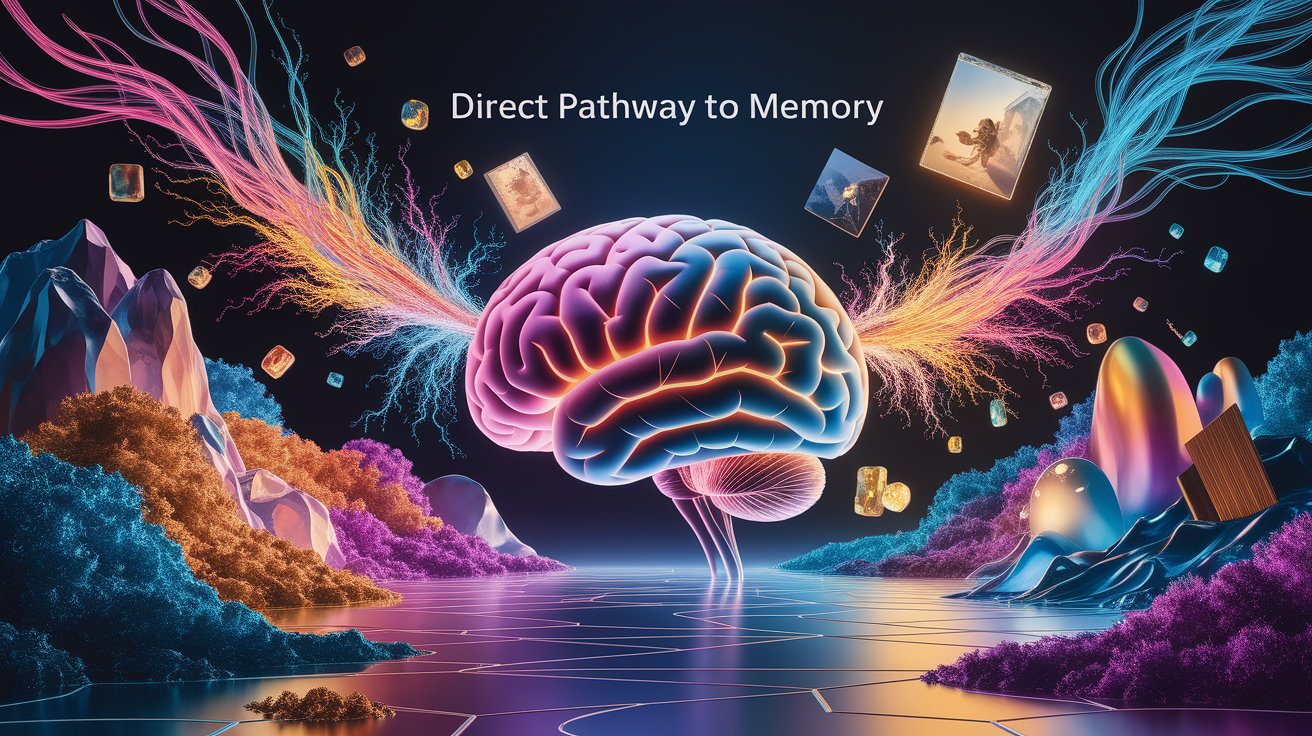Quick Answer: Smell and memory are deeply intertwined because your nose has a direct line to the brain’s emotional and memory centers. This connection explains why a single whiff of a familiar scent can bring back vivid, emotional memories, sometimes from decades ago.
Unlocked by a Whiff: How Smell Evokes Memory
Have you ever caught a faint whiff of freshly baked bread and instantly felt like you were back in your grandmother’s kitchen? That’s no coincidence—it’s the remarkable result of your olfactory system’s powerful link to memory. Unlike sight and sound, which first go through the thalamus, scents travel straight to the brain’s limbic system. This shortcut makes smell one of the most potent triggers of autobiographical and emotional memories, a phenomenon famously known as the Proust phenomenon.

Direct Pathway to Memory
When odor molecules enter your nose, specialized smell receptors detect them and send signals to the olfactory bulb. From there, the pathway is surprisingly direct—it leads straight to the amygdala and hippocampus, two brain areas deeply involved in emotional memory and memory consolidation.

- Olfactory bulb: Acts as the brain’s “processing hub” for scent signals.
- Amygdala: Adds emotional color to the memory based on the scent.
- Hippocampus: Stores and retrieves episodic and autobiographical memory details.
This streamlined route explains why smell memories often feel more vivid and emotionally charged than, say, visual ones, as detailed in research on the neural link between smell and memory.
The Emotional Potency of Scent
Odor-evoked memories are not just clear—they’re often wrapped in strong emotions. According to studies on the psychological impact of scents, pleasant smell-triggered memories can:

- Lower heart rate.
- Promote relaxation and deeper breathing.
- Enhance feelings of optimism and social connection.
In fragrance psychology, this can mean that even a small whiff of a favorite perfume might instantly boost your mood by activating positive emotional memories connected to that scent.
Smells Reignite Fading Memories
Remarkably, certain scents can refresh old or fading memories by stimulating hippocampal activity. As research from Boston University shows, smell has the ability to bring details back into focus, even for memories thought to be long lost.

- Therapists can use specific scents to help retrieve difficult memories in a controlled way.
- Odor cues may assist in treating conditions like PTSD by pairing traumatic memory recall with calm settings.
- This approach taps into scent’s unique ability to work directly with emotional memory storage.
Such strategies are an emerging field in neuroscience and memory-related therapy.
Evolution’s Nose for Survival and Nostalgia
Smell and memory aren’t just about romance or comfort—they have long been tools for survival. Certain odors signal safety (like the aroma of cooked food) while others signal danger (such as the acrid smell of smoke). This immediate recognition helps you respond quickly without overthinking, as discussed in studies on the evolutionary significance of scent-triggered memories.
- Safety smells: Encourage approach and bonding.
- Warning smells: Trigger fast protective actions.
- Nostalgic smells: Strengthen social and emotional connection.
This dual role—protection and connection—makes scent-memory association a powerful part of human experience.
Full Circle: Scent-sational Takeaways
From the zing of citrus that replays a sunny holiday to the whiff of a library’s dusty books that recalls childhood afternoons, smell is the sense most tied to emotional and autobiographical memory. It’s thanks to a fast-track neural route connecting your olfactory bulb directly to the amygdala and hippocampus that these moments come rushing back in Technicolor detail.
So, the next time a fragrance stops you in your tracks, you’ll know exactly what’s happening—it’s your brain’s scent-memory pathway bringing the past to life in just one breath.











